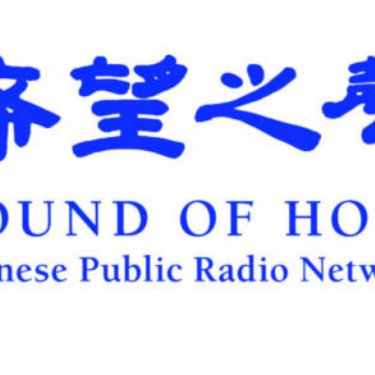Prosecution in Thailand over shortwave broadcasts to China

Reporters Without Borders (RSF) calls on the Thai authorities to drop all proceedings against Yung-hsin Chiang, a Taiwanese businessman based in Thailand who is facing a possible five-year jail sentence in a connection with a short-wave radio station that targeted listeners in China.
Chiang, who is due to appear in court on 12 February, was arrested at his office in Bangkok on 23 November on a charge of violating Thailand’s broadcasting laws and was held for two days before being released on bail.
His crime is to have helped rent premises in the northern city of Chiang Mai that had been used since 2015 to operate a shortwave radio station owned by Sound of Hope (SOH), a San Francisco-based radio network that was founded by Falun Gong, a religious movement banned in China.
SOH produces radio programmes that are intended to be independent of any Chinese government influence and to reflect the beliefs of Falun Gong’s members.
RSF has learned that the Chinese government pressured the Thai authorities to shut down the radio station last August. The Thai authorities complied, seizing all of the station’s equipment, and then arresting Chiang, who has been banned from leaving the country pending trial and is facing up to five years in prison under Thailand’s Radio and Television Broadcasting Act, his lawyer said.
According to his lawyer, the prosecution case is based on the testimony of a mysterious witness who claims to have seen a 30-metre antenna being erected. SOH insists that no such antenna was ever installed because it is not needed for shortwave broadcasting. SOH also denied any involvement in “illegal broadcasting.”
“This totally unjustified arrest deals a new blow to the freedom to inform in Thailand and penalizes Chinese listeners who count on this radio station for information that circumvents censorship,” RSF’s Asia-Pacific desk said. “We call on the Thai authorities to stop abetting Beijing’s operations against opposition media outlets and to drop the charges against Chiang.”
SOH’s management told RSF that its radio network is seen as a threat in China. Its shortwave radio stations, which it began operating in 2004, broadcast uncensored daily news programming that reaches nearly all parts of China. A 2013 report by the NGO Freedom House documented the pressure that China has put on governments in nearby Asian countries to shut down SOH radio stations.
This is not the first time that the Thai government has yielded to Chinese pressure. At China’s request, the Bangkok police arrested the political cartoonist Jiang Yefei in 2015. The book publisher Gui Minhai went missing in Thailand in 2015, only to resurface in a detention centre in China, where he has been held ever since. These cases highlight the influence of China’s repressive policies beyond its borders, as well as Thai complicity.
Thailand is ranked 140th out of 180 countries in RSF’s 2018 World Press Freedom Index.



